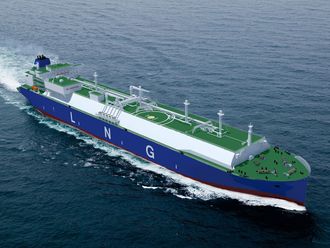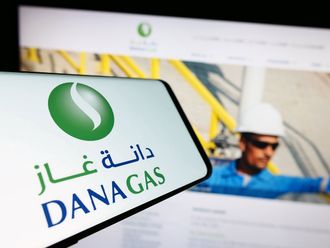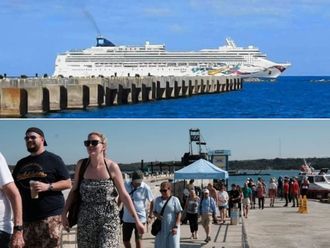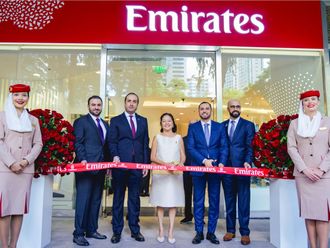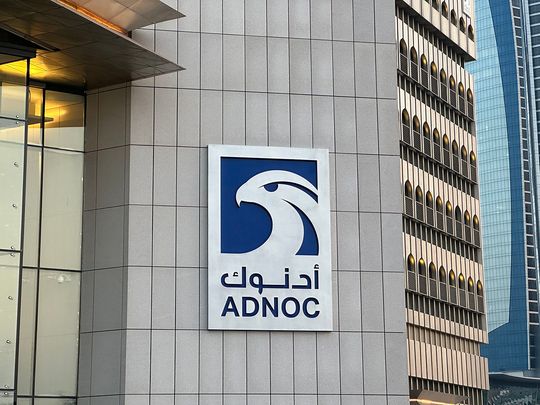
Dubai: The Abu Dhabi energy group ADNOC is in a three-way alliance that will do a joint study to evaluate carbon dioxide (CO2) emissions' storage capabilities of saline aquifers. The deal with Petronas and Storegga also cover construction of carbon capture and storage (CCS) facilities in the Penyu basin, offshore Peninsular Malaysia.
The agreement targets at least 5 million tonnes per annum (mtpa) of CO2 capture and storage capacity by 2030. The scope 'includes a CO2 shipping and logistics study, geophysical and geomechanical modelling, reservoir simulation and containment research'. Plus a look into the application of advanced technologies, including AI, to enhance storage capacity.
Work on the new initiative is scheduled to begin later this year.
Petronas is a member of Malaysia’s National Energy Transition Roadmap (NETR) Committee, which has identified CCS (carbon capture and storage) as one of six energy transition levers to enable the country to be sustainable, low-carbon and resilient. (The Malaysian Government is set to table a standalone CCUS bill by the end of 2024.)
As for ADNOC, it targets a carbon capture capacity of 10 mtpa by 2030 - which is the equivalent emissions to those released by 2 million internal combustion vehicles.
Why Malaysia?
According to the project promoters, Malaysia’s 'abundance of deep saline aquifer reservoirs' presents opportunity for development of a CCS hub in Southeast Asia.
“This agreement with ADNOC and Storegga will potentially allow us to build our capability to develop and de-risk saline aquifers as CO2 storage sites by leveraging on our partners’ expertise and experience in other regions," said Nora’in Md Salleh, CEO of Petronas CCS Solutions.
"This partnership aligns with Petronas' overarching goal of establishing Malaysia as a regional CCS hub to serve Asia Pacific where it may build up the storage capacity through saline aquifers. This also demonstrates our earnestness in establishing the right pace to deliver CCS hubs here while also contributing to the national climate target.”



